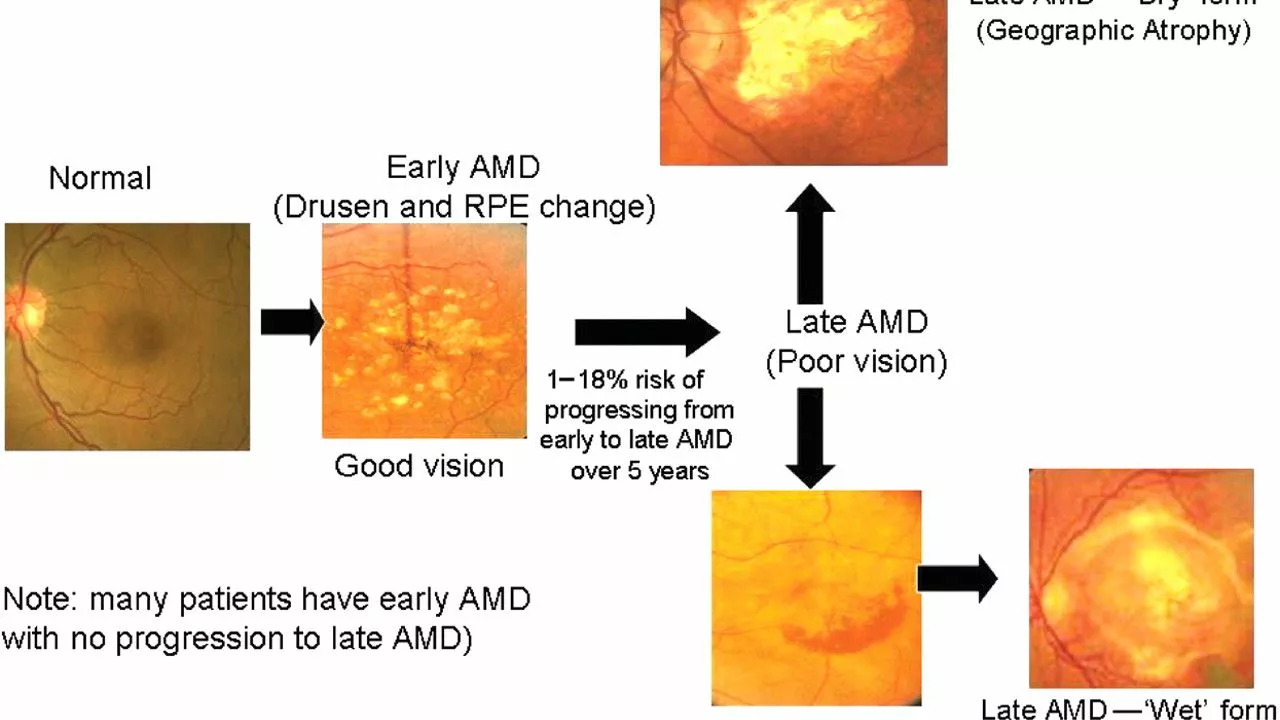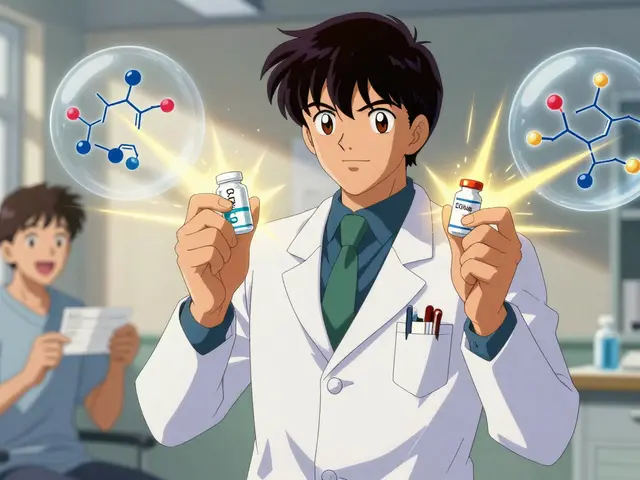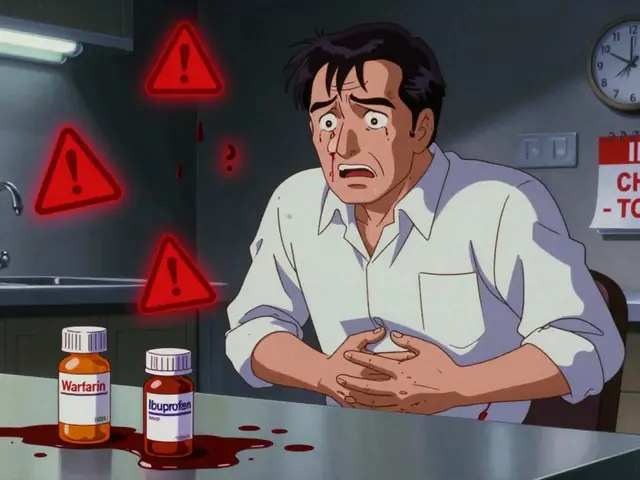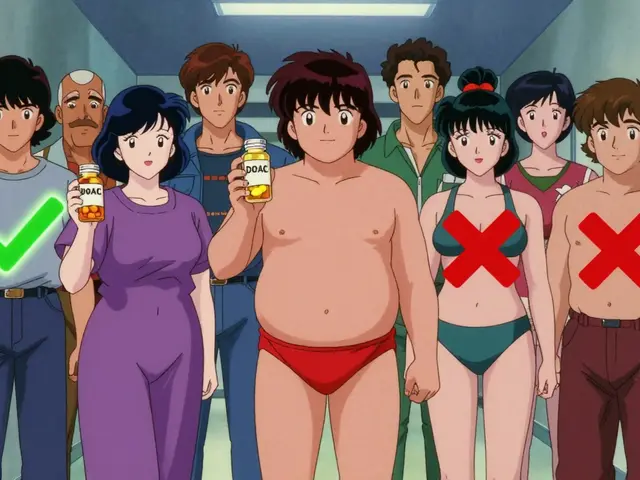Eye Health: Simple Habits to Protect Your Vision
Your eyes do a lot. A few small habits protect them and keep your vision sharp. This guide gives clear, practical tips you can use today — no medical jargon, just real steps.
Daily habits that help
Follow the 20-20-20 rule: every 20 minutes look at something 20 feet away for 20 seconds. It eases screen strain and resets focus.
Blink more when you work at screens. Blinking spreads tears and keeps your eyes from drying out. If your eyes feel gritty, use preservative-free artificial tears.
Wear sunglasses that block 100% UVA and UVB when you’re outside. UV damage adds up over time and raises the risk of cataracts and surface damage.
Keep good lighting. Avoid harsh overhead lights or deep shadows when reading. A focused desk lamp reduces eye strain compared to dim or flickering room lights.
Sleep matters. Your eyes repair themselves during rest. Poor sleep links to dry eyes and blurred vision the next day.
Food, supplements, and health checks
Eat leafy greens, eggs, nuts, and oily fish. These foods provide lutein, zeaxanthin, omega-3s, and zinc — nutrients commonly tied to eye health in nutrition research.
If you consider supplements, pick formulas with lutein/zeaxanthin and talk to your doctor first. Not everyone needs them, and quality varies between brands.
Control blood sugar and blood pressure. High levels can damage blood vessels in the eye and cause long-term vision problems. Regular checkups help catch issues early.
Have a full eye exam at least every 1–2 years. If you wear contacts, get yearly checks. Tell your eye doctor about new symptoms like flashes, sudden floaters, or blurred patches.
Protect your eyes at work and during DIY tasks. Use safety goggles for power tools, chemicals, or sports that risk a hit to the face.
Know the red flags that need urgent care: sudden vision loss, persistent flashes of light, a curtain-like shadow across vision, severe eye pain, or sudden double vision. These may signal problems that need fast medical attention.
If you use prescription meds, read side effects. Some drugs can blur vision, change pupil size, or dry your eyes. Talk with your pharmacist or doctor about vision-related side effects and safe alternatives.
Shopping for meds online? Use trusted pharmacies and read our guides on safe online pharmacies and buying specific drugs. We cover how to spot scams, verify prescriptions, and protect your health when ordering meds online.
Small changes add up. Better screen habits, sun protection, proper nutrition, and regular exams are easy ways to keep your eyes working well for years. If something feels off, don’t wait—ask a professional.





